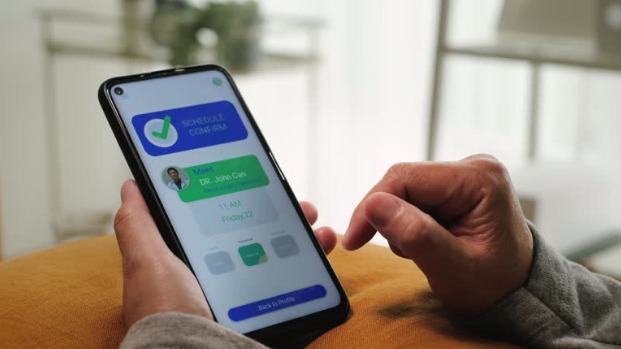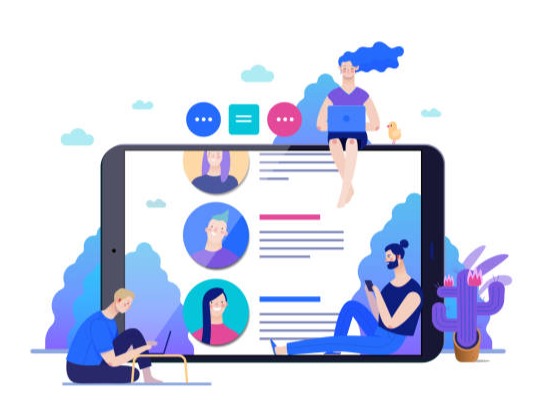In the current insurance market, having solid connections with others is no longer just helpful, but necessary. In the United States, insurance covers many different areas, such as property and casualty, as well as life, health, and reinsurance. Understanding and working on insurance networking can give professionals extra chances, build stronger businesses, and move forward in their careers quickly. To build a strong professional network in insurance, you need to do more than just go to events or connect with people on LinkedIn. To do this, it is important to plan, communicate effectively, and know how to nurture professional relationships for the long haul.
Knowing the Benefits of Insurance Networking
Networking with others in the insurance industry helps one learn about industry trends, new rules, and developing technologies. It sets up ways for everyone involved, including peers, underwriters, brokers, agents, risk managers, and insurance executives, to exchange information, join forces, and back one another up. Being involved in networking matters when a sector depends on trust and a good reputation. Whatever your background, having a strong professional network in insurance can help you discover knowledge that textbooks cannot teach you.
Professionals can get to know new underwriting rules, risk control approaches, new products, and what clients expect by communicating with others in insurance. Besides, networking gives you a chance to find out about jobs and mentors that many people do not know about. It is common in insurance for jobs to come from referring and recommending candidates, so your network is very important.
Leveraging Industry Events and Conferences
One good way to make contacts in insurance is to take part in events and conferences related to the industry. Every year, thousands of insurance professionals from different areas join RIMS, InsureTec, and NAIC events. These events allow participants to have meaningful conversations, learn about the newest technology in insurance, and build important relationships.
Attending these events allows insurance experts to talk to others face to face, swap business cards, and later stay in contact through digital means. Attending events and building a strong website are two great ways to connect, especially when combined. Seeing each other in person makes it possible for true and honest bonds to grow between people.
Digital insurance networking can be done through LinkedIn.

These days, LinkedIn has made it much easier for professionals in insurance to grow their careers through networking. You can present your skills on LinkedIn and also communicate with experts, become a member of relevant groups, and take part in regular discussions. Adding keywords like “insurance networking,” “risk management,” or “insurance underwriting” to your LinkedIn profile helps you stand out to both peers and recruiters.
By sharing useful content, making comments on what’s new in the industry, and congratulating your connections on their successes, you stay connected and noticed in your network. You can also message people directly to learn more about their work, which can help you build good relationships. Always treat your colleagues with respect, speak plainly and clearly to ensure you stay professional.
Creating a Personal Brand within the Insurance Industry
A strong personal brand plays a big role in making your time in the insurance industry networking world more effective. Your reputation, the values you follow, and your particular views all make up your brand. Giving a consistent and positive view of yourself can draw similar people and experiences into your field.
This goal can be achieved by sharing your ideas on social networks, guest-posting on industry platforms, giving presentations, or mentoring entry-level workers. Every time you meet people in person or through technology, remind them of your ethics, lack of stagnation, and outstanding service. People who respect your knowledge and honesty are more apt to refer you business, offer helpful insights, or introduce you to people with power.
Associations in the Area and a Chance to Connect Regionally
![]()
In addition to national meetings and internet groups, local and regional insurance networking is important for building closer ties with fellow professionals in the area. Being part of local affiliates of organizations such as IIABA or NAIFA allows you to meet and interact with others personally.
The associations host various events where members can learn, make contacts, and take part in meaningful activities. As insurance requires a lot of connections, knowing a local network of agents could give you unique business opportunities. Being engaged in your community improves your reputation and reach in your local insurance market, no matter which specialty you work in.
Mentorship and Knowledge Sharing
Having mentors and being a mentee is an important part of building a solid network in insurance. You can receive or give advice, but mentorship helps gain career traction and strengthen the sector. A lot of professionals say that being mentored helped them deal with the tough and strategic problems they faced in their careers.
Taking on a mentoring role allows you to work with up-and-coming professionals and brush up on your ideas. People learn from you when you share your knowledge, which helps your reputation and leaves a mark on the sector. Doing this shows how you lead and your desire to help, raising your profile and offering you new professional opportunities.
Uniting forces for innovation with the help of digital tools

Thanks to insurtech and AI, the way insurance networking happens is changing from the usual face-to-face style. Working as a team on advanced projects, joining webinars, and being involved in industry whitepapers are ways to strengthen relationships with other professionals nowadays.
More and more, tech-savvy insurance professionals are joining forces with other professionals to create digital tools, analytics platforms, and improve processes that began as simple networking. In such an environment, obsessing about new digital developments and teaming up with people from different professions, such as data scientists, developers, and lawyers, can encourage big ideas aimed at updating insurance services.
Helping people from all backgrounds become involved in networking
Working toward diversity and inclusion is a key focus when building networks in the US insurance sector. The National African American Insurance Association (NAAIA) and the Latin American Association of Insurance Agencies (LAAIA) are two organizations that focus on connecting people to empower minority voices in the field.
Being part of such groups gives people access to more chances, helps them see things from more perspectives, and encourages them to help the company prosper. Including diversity in networking helps the industry by having its talent and leaders represent the places it serves, which leads to happier customers and greater success.
Consistency and Follow-Through in Networking
Staying dedicated to your networking efforts is a big part of making them work. Going to just one event or connecting on LinkedIn just once isn’t enough for a lasting relationship. Effective networkers keep in touch, provide help when possible, and respond quickly to others.
Industry connections in this field grow as people exchange value, treat each other with respect, and build trust. Thanking someone for their time, sharing useful materials, or connecting someone with other people demonstrates you are reliable.
Conclusion: Networking as a Career Catalyst
Creating and growing a network of colleagues in insurance is far more than a job tactic—it is part of a plan for continued growth. Attending in-person events, using digital tools, and working together on projects allows insurance professionals to discuss newer ideas, co-develop their skills, and encourage innovation. If you make real relationships, keep up with industry news, and are active with your peers, you improve your future as well as the industry’s future.
Being able to network, team up, and contribute in a professional group is key for successful insurance professionals. Being in a business that relies on trust and always changes, your connections matter the most.



